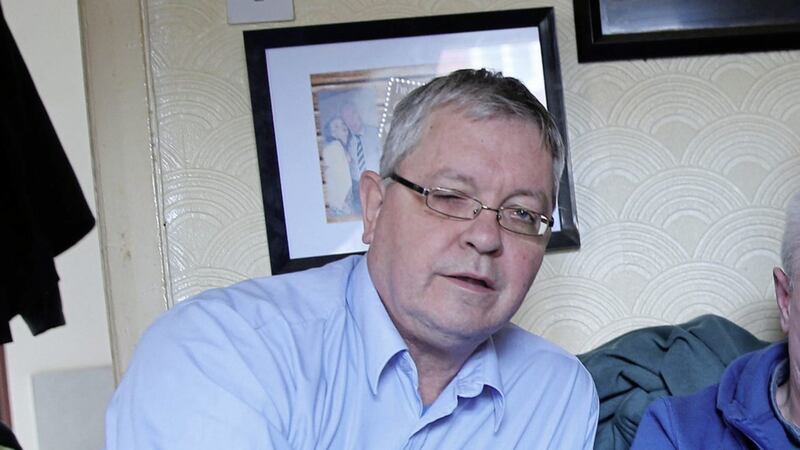Campaigners have described language used by the DUP and Conservatives to praise members of the security forces during the Troubles as “odious”.
The criticism came after both parties revealed details of a deal that will allow the Tories to form a government after their disastrous general election outing.
In a document outlining details of the pact both parties voiced their “admiration” for members of the British army and police.
The document said the British government will work with the executive and all parties in the north to seek the implementation of the legacy bodies in the 2014 Stormont House Agreement “to provide better outcomes for victims and survivors”.
The parties said that the next phase in dealing with legacy issues is the public consultation on the implementation of the 2014 Stormont House Agreement legacy bodies.
“They are to be established so as to operate in ways that are fair, balanced and proportionate and which do not unfairly focus on former members of the armed forces or police,” they said.
“Both parties reiterate their admiration for the courage and sacrifice of the police and armed forces in upholding democracy and the rule of law and will never forget the debt of gratitude that we owe them."
Relatives for Justice spokesman Mike Ritchie, who works with the loved ones of people killed by the British army and police, voiced his concerns about the comments.
"It is very regrettable that these two parties have sought yet again to elevate perpetrators from state forces as somehow worthy of special treatment,” he said.
“They do this both in relation to their desire to impose the so-called Military Covenant on public authorities here and now with their commentary yet again that legacy is focusing disproportionately on state forces."
"This kind of language is odious to victims of state violence," he added.
In the past members of both parties have also voiced support for former members of the British army who served in the north.
Earlier this year Westminster defence select committee, which includes members of the DUP and conservatives, produced a recommendation calling for a “statute of limitations” to be introduced which would prevent former members of the security forces being pursued for Troubles related offences.
Plans by the north’s most senior judge, Lord Chief Justice Declan Morgan, to complete outstanding legacy inquests were shelved last year after DUP ministers at Stormont refused to sign off on the £10m needed to fund the process.
The top judge had drawn up a blueprint to deal with inquests in around 50 cases dating back over four decades.
Many of the cases centre on the actions of British soldiers and members of the RUC and in some cases involve ‘shoot-to-kill’ allegations.
As part of the deal both parties said they “are committed to the armed forces covenant and to its implementation throughout the UK", meaning former British soldiers could be given priority in accessing services like medical treatment, housing and school places for children.
Former SDLP Policing Board member Dolores Kelly said “the purpose of the legacy institutions is to comprehensively and ethically deal with the past”.
“That means where evidence exists of wrongdoing it should be pursued rigorously and those responsible held accountable,” she said.
“It doesn’t matter what uniform they wear or what purpose they served, those responsible for the pain of the past cannot be given cover by any government.”








